WEATHER 225 COVERAGE AREAS- Millions of people are planning to view the upcoming total solar eclipse set to occur on April 8th of this year. While this solar spectacle will be a memorable once-in-a-lifetime experience for many, it also poses dangers to those planning to view it if they don’t plan accordingly and get the right safety equipment.
CAMERA SAFETY
- NEVER look through items such as a telescope, camera lens, or binoculars, without a proper protective filter, even if you have and are wearing protective glasses on. These enhanced lenses act as a magnifier and if you don’t have a protective filter on even if you’re wearing protective glasses on, it can melt through the glasses and permanently damage your eyes. ONLY look through these types of lenses with a protective filter!
- If you’re a photographer or videographer, if you don’t have a protective filter the sun can damage your cameras lens and sensor. Put Protective filters on to protect your camera and gear. Filters can come off right when totality starts and should be put back on when ends.
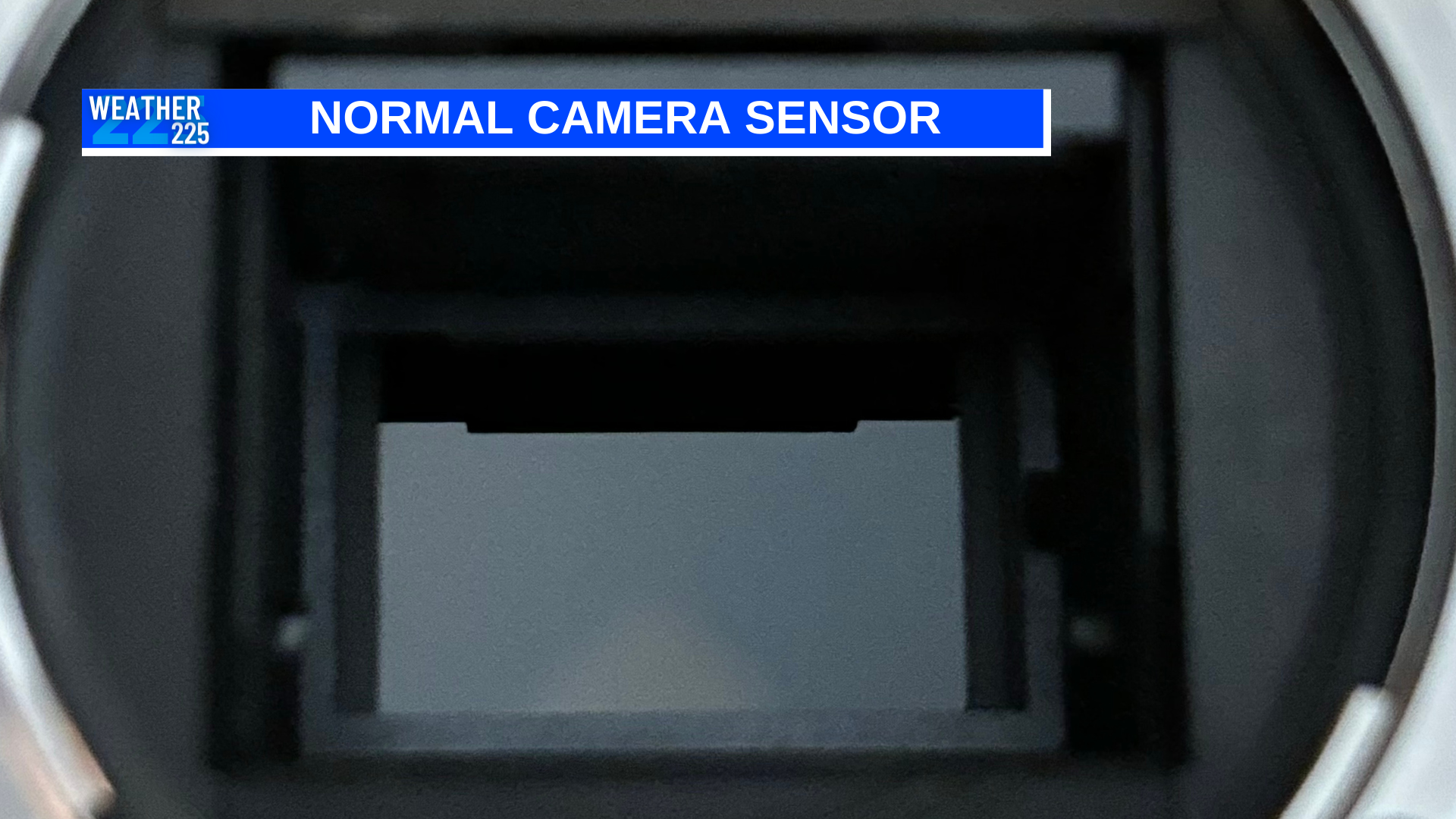
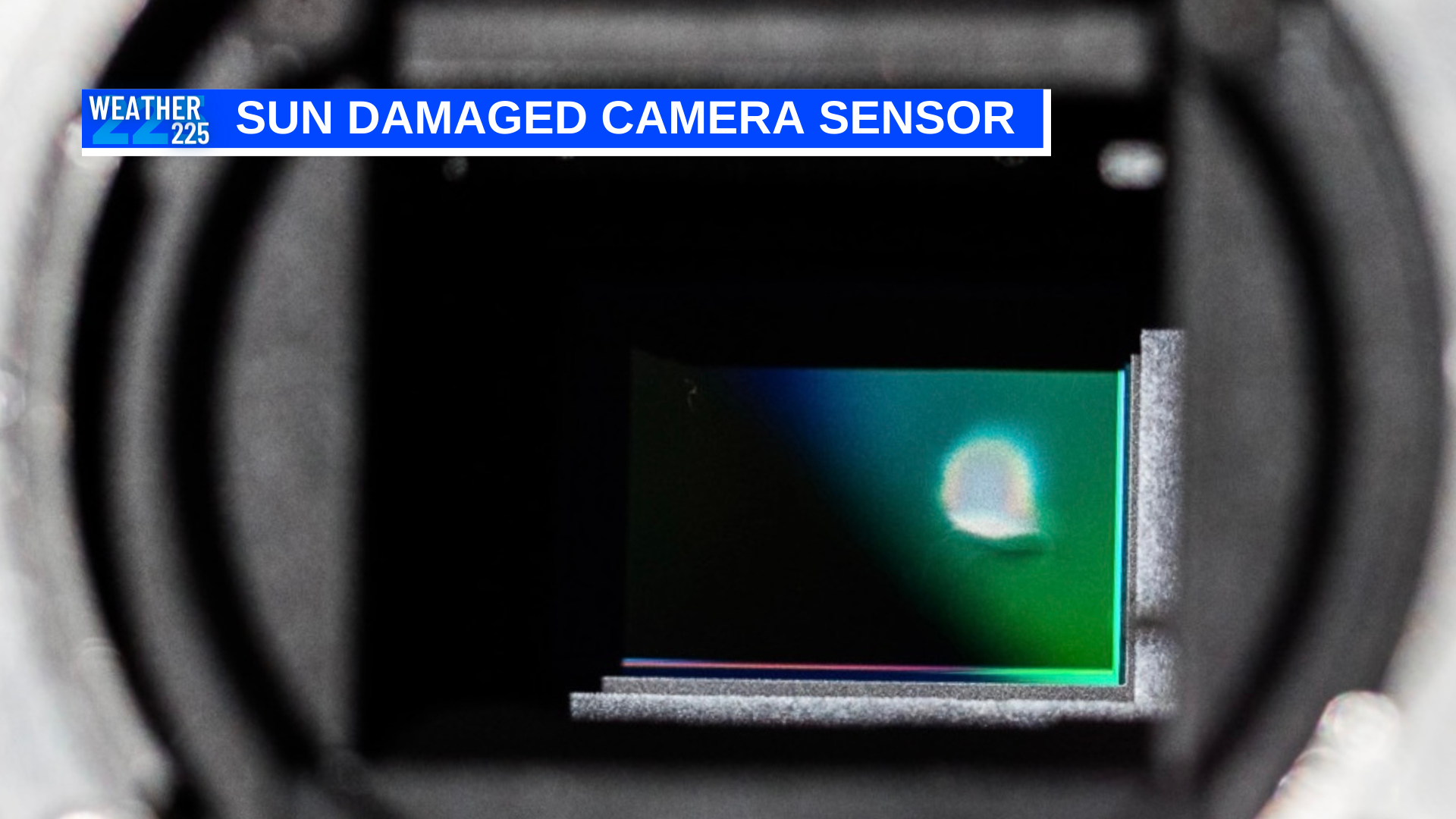
An example of what can happen to unprotected cameras aimed at the sun with a powerful lens was displayed in a video by Sean MacDonald on YouTube. In his video he wanted to warn those planning on photographing the eclipse of the dangers of unprotected camera lenses looking at the sun, and how it can damage your eyes and gear.
Eclipse Glasses
- When looking to purchase protective eclipse glasses, you should pay close attention to the website you’re purchasing them from, as there are many scam websites selling “Eclipse glasses” that are not ISO certified and are not made to protect your eyes and can lead to permanent eye damage when viewing the the solar eclipse. Purchase glasses from trustworthy or established websites and make sure the glasses have an ISO certification. Below are a list of certified and approved glasses and vendors (List of approved glasses).
- NEVER EVER LOOK DIRECTLY AT THE ECLIPSE WITHOUT PROTECTIVE GLASSES! When viewing the total solar eclipse the sun can damage your eyes permanently, even during points when the ring of the suns light is very narrow. Only watch the eclipse through protective glasses, camera lens filters, and telescopes with protective lens filters! The only point where you can watch the eclipse without glasses, is during the few moments when full totality occurs while the moon obscures the suns light. Once it starts shifting away, the glasses go back on.
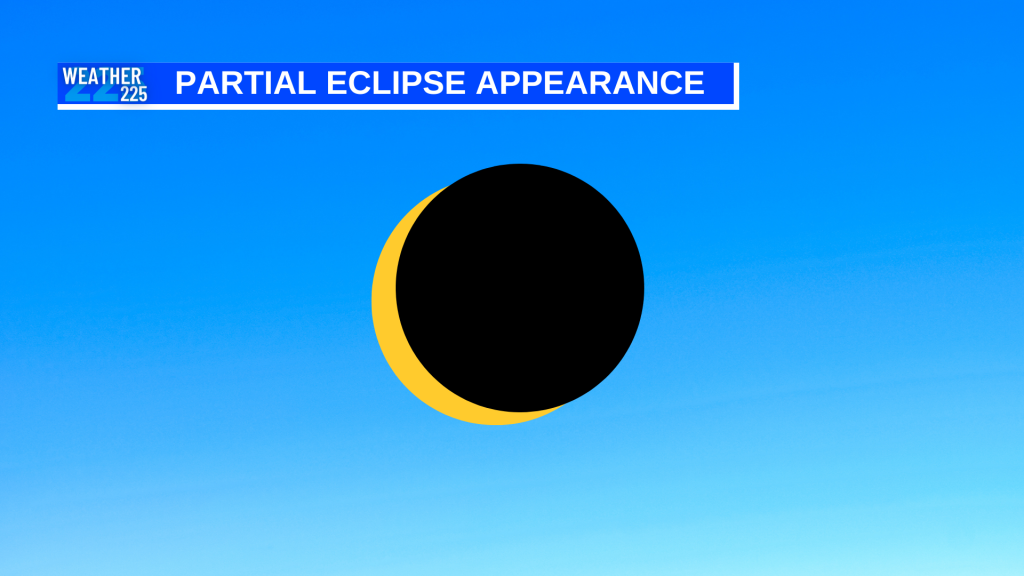

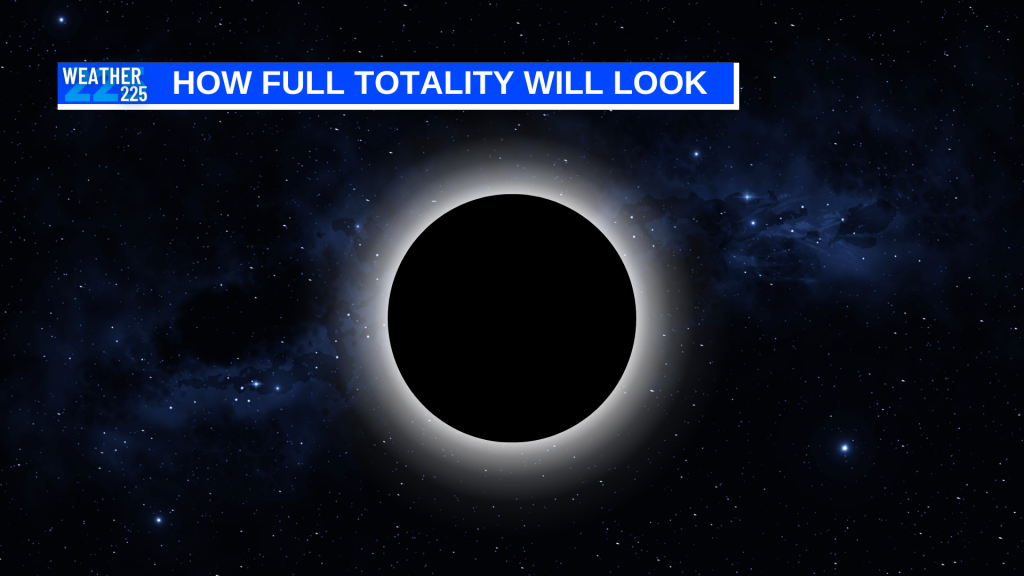

In addition to your certified ISO eclipse glasses protecting you from permanent eye damage, these glasses also help you see all the phases of the eclipse leading up to and after totality. Even if people do not have eye damage from staring into the sun, the sun’s brightness hides most of the details of the moon sliding in front of the sun during most of the partial eclipse.
Final Tip
Finally, as we conclude these safety tips, the most important one to remember is to enjoy the moment. Many will get caught up in the perfect photo or the perfect video to get while the eclipse occurs. However, the best lens during the eclipse will be your own eyes. Enjoy the moment and take in the amazing moments and events that occur during totality, because for many this will be a once-in-a-lifetime experience. The next solar eclipse to move across the continental U.S. will be in 2045.
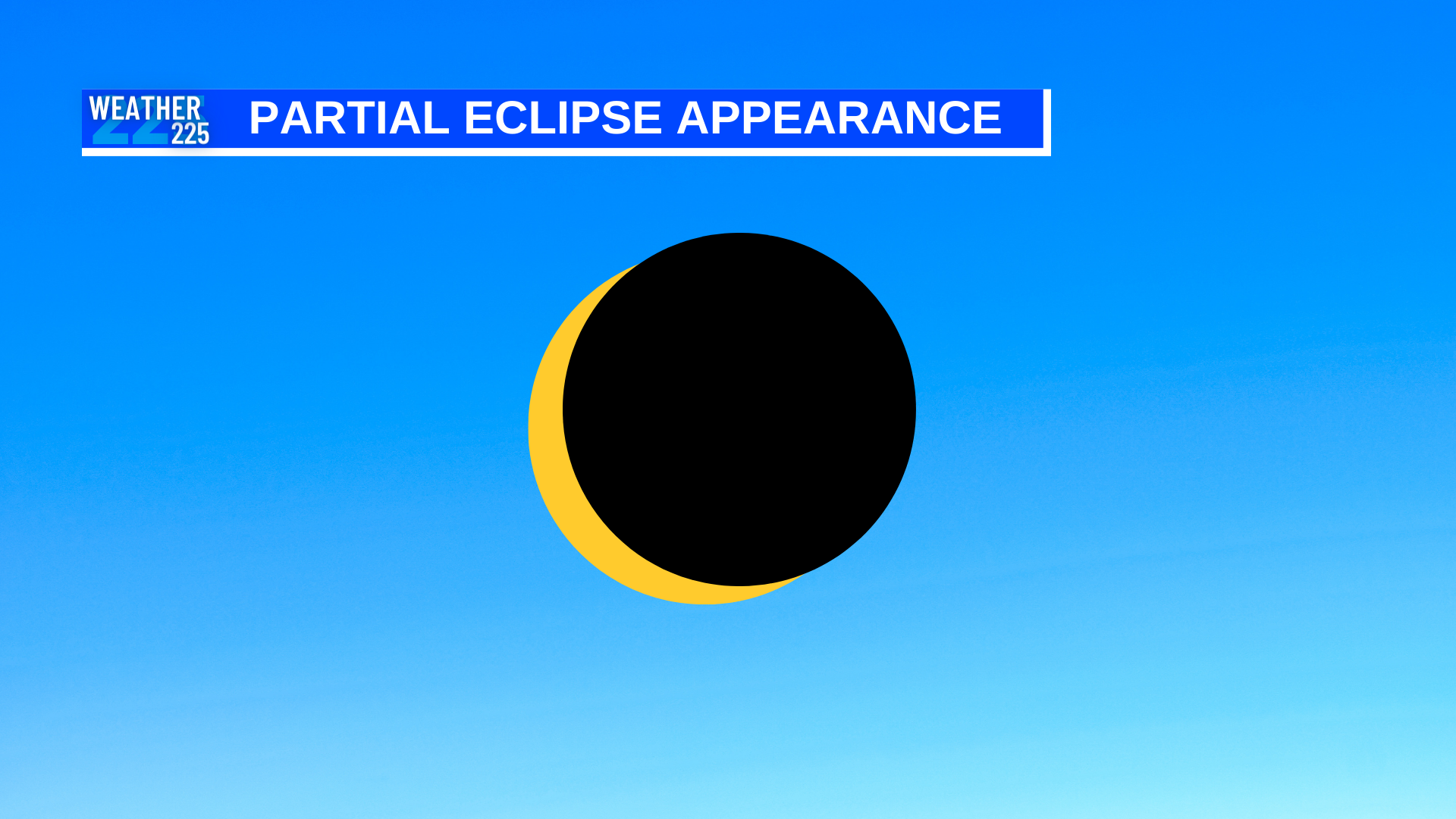
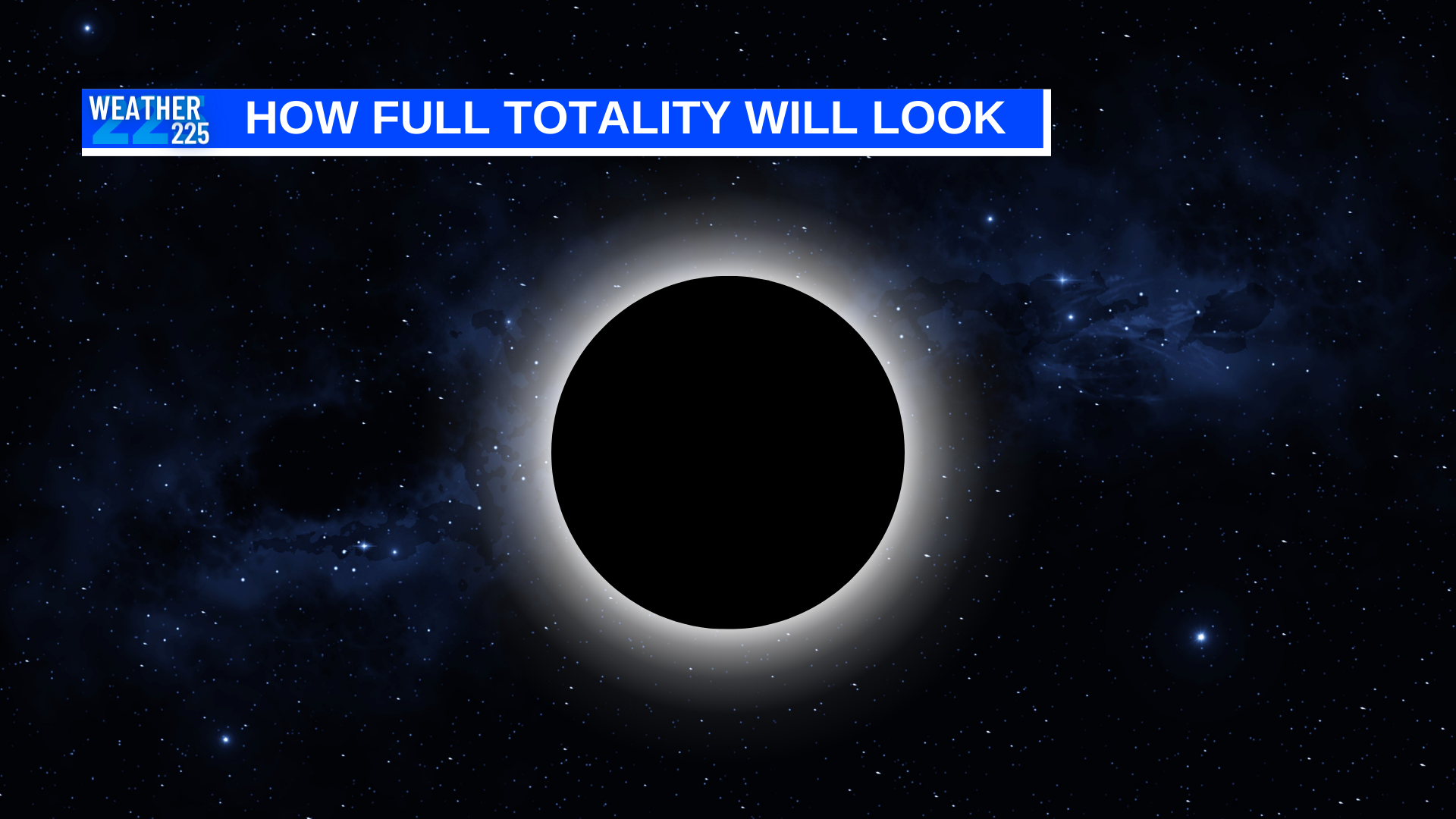

Leave a Reply